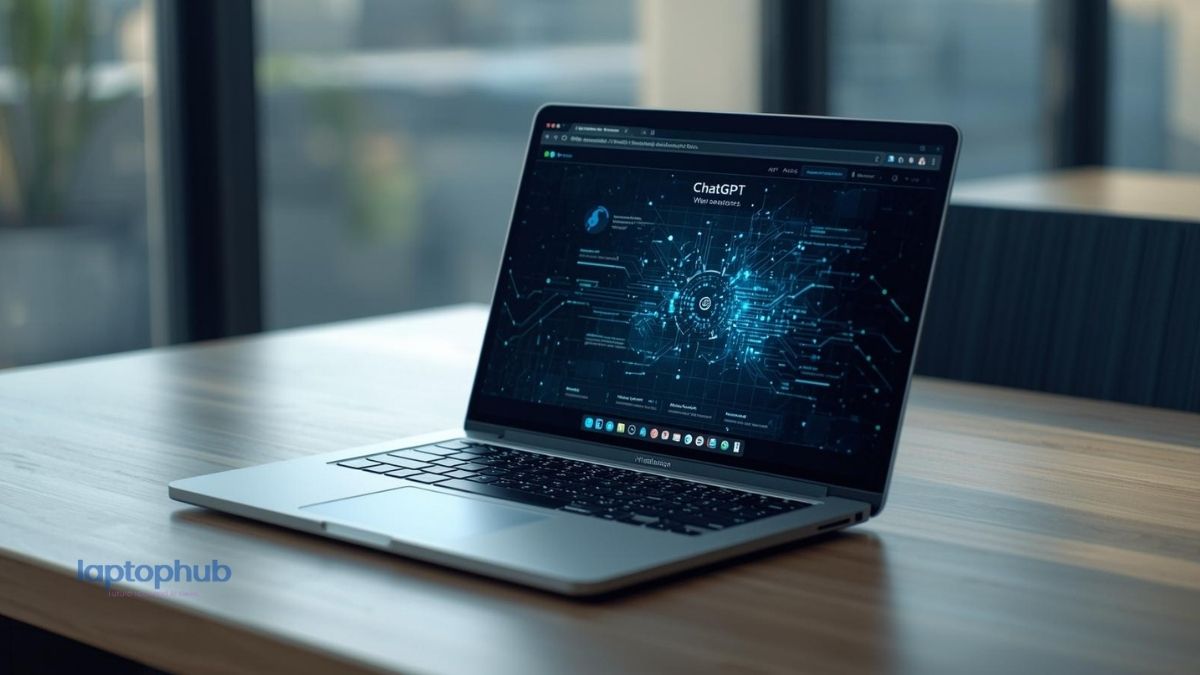OpenAI has launched its new web browser, ChatGPT Atlas, built around its flagship chatbot. Initially available on macOS, it offers a ChatGPT sidebar, optional “browser memories,” and a future “Agent Mode” that performs tasks on your behalf.
A New Way to Browse
OpenAI has unveiled ChatGPT Atlas, a next-generation browser built around its powerful AI assistant. Instead of using a traditional search bar, users can now interact directly with ChatGPT while browsing, asking questions about any webpage, summarizing articles, or comparing information without leaving the tab.
The browser’s sidebar serves as an ever-present companion, turning everyday browsing into an interactive experience. It can explain technical topics, rewrite text, translate content, and help users make sense of long or complex pages , all within the same window.
Key Features
ChatGPT Sidebar
Atlas includes an integrated sidebar that lets users chat with ChatGPT in real time while viewing any site, providing instant answers and contextual insights.
Browser Memories (Optional)
A new optional feature called “Browser Memories” allows ChatGPT to remember previous sessions, user preferences, and research notes to deliver more personalized responses. Users can review, clear, or disable this memory at any time.
Agent Mode (Preview)
Currently in preview for Plus, Pro, and Business subscribers, “Agent Mode” enables the AI to perform multi-step actions like booking travel, managing tasks, or comparing online deals automatically.
Cross-Platform Rollout
ChatGPT Atlas is now available on macOS for Free, Plus, Pro, and Go users. Versions for Windows, iOS, and Android are expected in the coming months.
Why It Matters
The release represents a significant evolution in how people might interact with the web: moving from search boxes and URLs to conversational assistants embedded in the browser itself. This shift could redefine online workflows.
OpenAI’s move puts the company squarely in competition with incumbent browsers like Google Chrome (which dominates the market) and raises questions about how web traffic, search models, and advertising might change if users rely on AI for summarization rather than visiting many individual sites.
The privacy implications are also meaningful. Since ChatGPT in Atlas can observe and retain browsing context (with consent), users must trust how much the browser knows — and how that data is used.
What to Watch
- Platform expansion: The rollout beyond macOS (to Windows, iOS, Android) will be critical to Atlas’s adoption and ability to challenge existing browsers.
- Ecosystem and extensions: How well Atlas supports browser extensions, developer tools and compatibility with websites will determine usability.
- Monetization and business model: Will OpenAI monetize Atlas through subscriptions, advertising or data services? How this unfolds will shape incentives.
- Impact on publishers and web traffic: If users increasingly receive answers via ChatGPT instead of clicking links, how will this affect websites and the broader internet economy?
- Privacy, choice and control: How transparently Atlas manages “Browser Memories,” data opt-outs and memory deletion will influence user trust.





